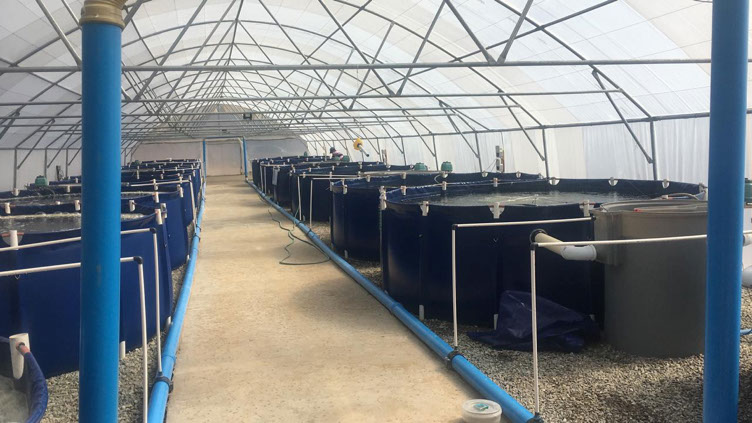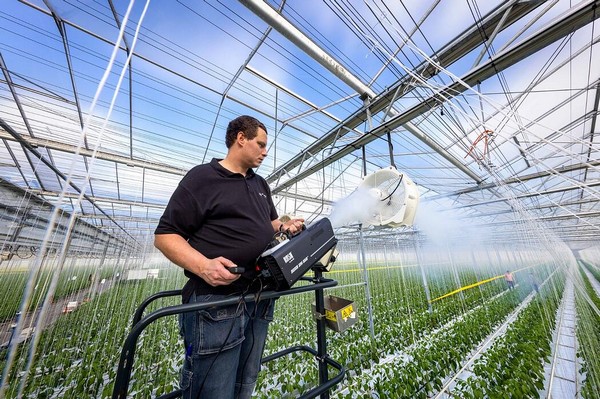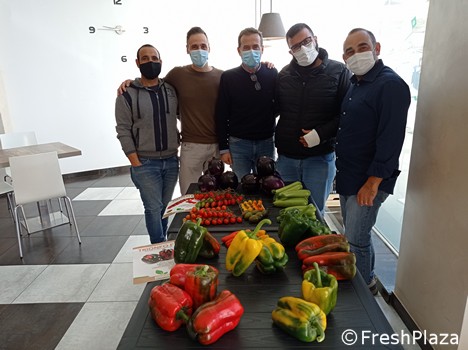Fish farming and vegetable farming are easy to combine: together they can form a nice agri-food chain. A Mexican greenhouse horticulture company wants to explore the options for such a circular system, and preferably also integrate with algae cultivation.
The Greenhouse Horticulture and Flower Bulbs Business Unit of Wageningen University & Research, together with colleagues from Food & Biobased Research and Livestock Research, investigated the technical feasibility of this new set-up of the company.
United Farms – Finka in Queretaro, Mexico is a larger, innovative nursery with several locations where mainly tomatoes and cucumbers are grown in greenhouses. The company started a few years ago, together with WUR, the Algaelinkages research in which microalgae were cultivated on the basis of the drain water from the greenhouses. Those algae could be used again as healthy chicken feed to produce omega-3 enriched eggs. The project not only focused on healthy and sustainable food, but also on the efficient use of water.
Is the combination of vegetable cultivation – fish cultivation – algae cultivation technically feasible?
The Mexican company wants to use their water even more efficiently, namely by also using the drain water from the greenhouses for fish farming (or aquaponics ). WUR researchers from Plant Research, Food & Biobased Research and Livestock Research joined forces and, based on a desktop study, investigated whether the combination of vegetable farming – fish farming – algae farming is technically feasible at United Farms – Finka.

The research shows that the combination is technically feasible, but that the fish farming must be placed before the greenhouse in the chain, instead of after it. This has to do with the required water quality for fish and the efficient reuse of nutrients from fish farming for the crop in the greenhouse. The algae could be grown on the drain water from the greenhouse as well as water from the fish culture. A possible follow-up study can delve deeper into the economic feasibility and possible business cases of the chain.
The research was carried out as part of Opportunities for Tomorrow , funded by the Ministry of Agriculture, Nature and Food Quality.












